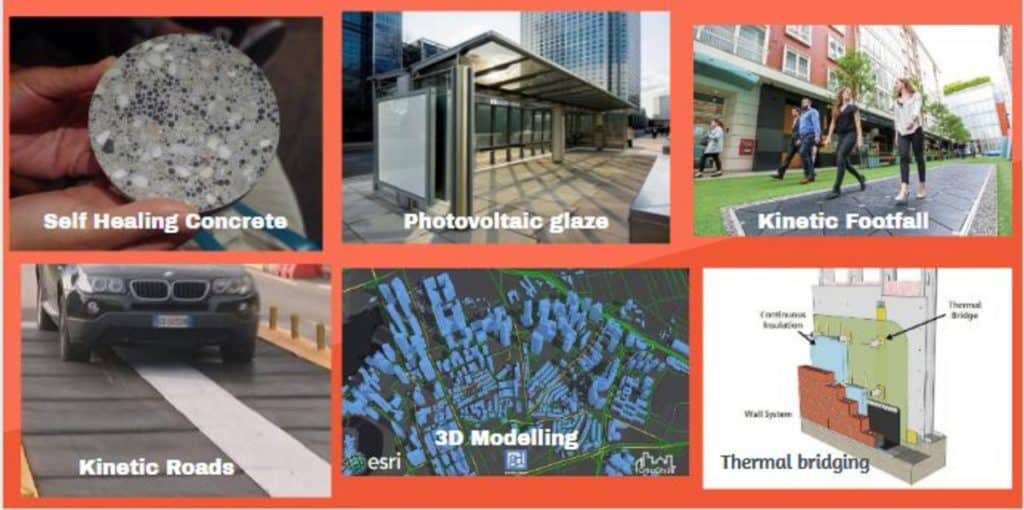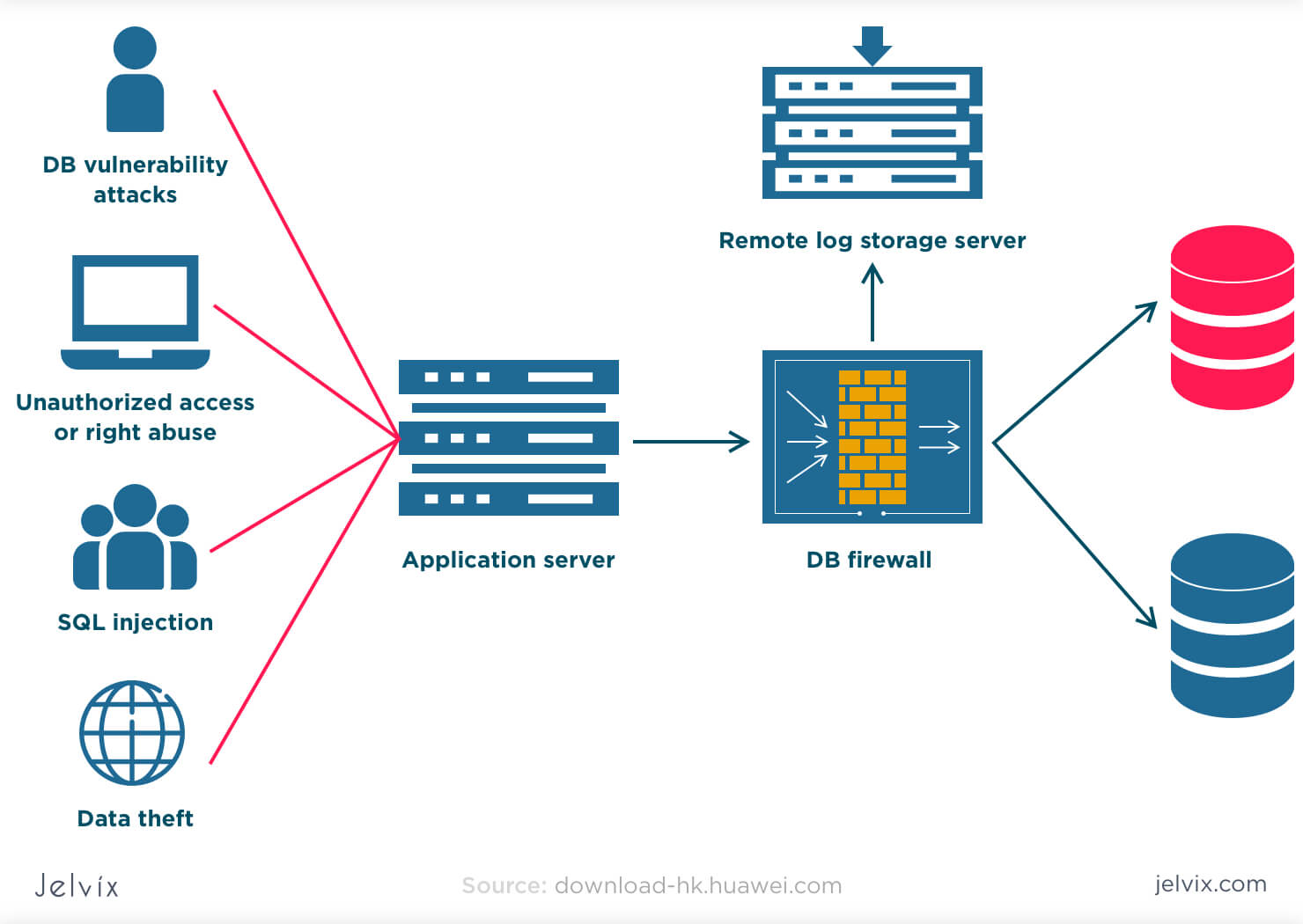Civil engineering is a critical field that allows for the design, construction, and maintenance of infrastructure that supports modern society. Over the years, technology has played an essential role in advancing the field of civil engineering, and today there are numerous advanced technologies that are transforming the way civil engineering is practiced. In this blog post, we will explore some of the latest advances in civil engineering technology.
1. Building Information Modelling (BIM)
Building Information Modelling is a technology that enables the creation of digital models of physical structures, making it easier for designers, architects, engineers, and contractors to work together. With BIM, all members of the project team can access and share information that is critical for the construction process, such as building designs, schedules, and materials. This helps to reduce errors, improve efficiency, and ultimately save time and money.
2. Drones
Drones are becoming increasingly popular in the construction industry. These flying devices can be used to monitor construction sites in real-time, providing detailed images and video footage that can help project managers identify potential issues early on. In addition, drones can also be used to survey large areas and capture data that can be used to create 3D models and maps.
3. Augmented Reality (AR)
Augmented Reality is another technology that is transforming the field of civil engineering. AR technology allows engineers and architects to create digital overlays on top of physical structures, allowing them to visualize how a building or structure will look once it’s completed. This technology is particularly useful for on-site inspections, where it can help identify potential issues before construction begins.
4. Smart Materials
Smart materials are materials that are designed to respond to changes in their environment. For example, some smart materials can adjust their strength and stiffness based on changes in temperature or pressure. These materials can be used in a variety of civil engineering applications, such as building foundations, bridges, and roadways. They can help improve safety, reduce maintenance costs, and extend the lifespan of structures.
5. Artificial Intelligence (AI)
Artificial Intelligence is another technology that is having a significant impact on civil engineering. AI algorithms can be used to analyze large amounts of data and provide insights that can help engineers and project managers make data-driven decisions. For example, AI can be used to predict the lifespan of a structure based on environmental factors such as temperature, humidity, and rainfall.
In conclusion, technology is changing the way civil engineering is practiced. The above-mentioned technologies are just a few of the latest advances that are transforming the field. By adopting these technologies, civil engineers can improve efficiency, reduce costs, and ultimately create safer, smarter, and more sustainable infrastructure that will benefit society for years to come.











